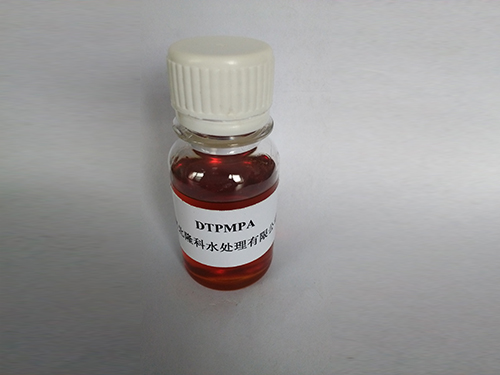water scale inhibitor
Understanding Water Scale Inhibitors A Key Solution for Scaling Problems
Water is an essential resource for countless industrial applications, from power generation to food processing. However, one of the major challenges that industries face is the formation of scale on equipment and pipelines, primarily caused by mineral deposits from hard water. Water scale not only reduces efficiency but can also lead to costly downtime and maintenance. To address these problems, water scale inhibitors are increasingly being utilized. This article will explore the importance of these inhibitors, their mechanisms of action, and their applications.
What is Water Scaling?
Scaling refers to the accumulation of mineral deposits, typically calcium carbonate, magnesium carbonate, and other salts, on surfaces that come into contact with water. This build-up occurs when water is heated or when its pressure changes, causing the solubility of certain minerals to decrease and settle out of solution. The scale can form on various surfaces, including pipes, boilers, heat exchangers, and pumps, leading to reduced water flow, operational inefficiency, and potential equipment failure.
How Do Water Scale Inhibitors Work?
Water scale inhibitors are chemical substances that prevent or reduce scale formation. They work through several mechanisms
1. Crystal Growth Inhibition Many inhibitors function by interfering with the crystallization process of scale-forming minerals. They inhibit the growth of crystals, preventing them from reaching a size that would allow them to adhere to surfaces.
2. Threshold Effect Some inhibitors utilize a threshold effect, whereby they can tolerate higher concentrations of scale-forming minerals without significant deposition occurring. These chemicals stabilize the minerals in the solution, keeping them dispersed rather than allowing them to precipitate.
3. Dispersing Agents Certain inhibitors act as dispersants, breaking up the aggregation of scale crystals, which helps maintain them in a suspended state within the water. This prevents the crystals from settling on surfaces.
4. Sequestration Water scale inhibitors can also sequester ions such as calcium and magnesium, effectively removing them from the scale-forming process by binding them in a form that prevents precipitation.
Types of Water Scale Inhibitors
water scale inhibitor

Water scale inhibitors can be categorized into two main types organic and inorganic inhibitors.
- Organic Inhibitors These include phosphonates, polyacrylates, and other synthetic polymers. They are commonly used due to their effectiveness at very low concentrations and their compatibility with various water treatment processes.
- Inorganic Inhibitors These typically include phosphates, silicates, and carbonates. They can be effective in certain applications but may have environmental concerns, particularly phosphates, which can lead to eutrophication in water bodies.
Applications of Water Scale Inhibitors
Water scale inhibitors play a crucial role in numerous sectors, including
1. Power Generation In power plants, the presence of scale can significantly impede heat transfer in boilers and turbines, leading to inefficiencies. Inhibitors help maintain the efficiency and longevity of these systems.
2. Cooling Towers Scale can hinder the heat exchange process in cooling towers, resulting in higher operational costs. Inhibitors maintain water clarity and improve efficiency.
3. Desalination Plants As desalination processes often involve high temperatures and pressures, they are susceptible to scaling. The use of scale inhibitors ensures optimal performance and reduces maintenance.
4. Oil and Gas In the oil and gas industry, scaling can occur in pipelines and equipment due to high mineral concentrations in produced water. Inhibitors help maintain fluid flow and enhance operational reliability.
Conclusion
Water scale inhibitors are vital in managing and preventing scale formation in various industrial processes. By effectively reducing scale deposition, these chemicals play an essential role in enhancing system efficiency, reducing maintenance costs, and ensuring operational reliability. As industries continue to seek sustainable solutions to their challenges, the development and application of effective water scale inhibitors will remain a cornerstone in water treatment strategies.
-
lk-319-special-scale-and-corrosion-inhibitor-for-steel-plants-advanced-solutions-for-industrial-water-systemsNewsAug.22,2025
-
flocculant-water-treatment-essential-chemical-solutions-for-purification-processesNewsAug.22,2025
-
isothiazolinones-versatile-microbial-control-agents-for-industrial-and-consumer-applicationsNewsAug.22,2025
-
scale-inhibitor-key-solutions-for-water-system-scale-preventionNewsAug.22,2025
-
organophosphonates-versatile-scale-inhibitors-for-industrial-water-systemsNewsAug.22,2025
-
scale-and-corrosion-inhibitor-essential-chemical-solutions-for-water-system-maintenanceNewsAug.22,2025





